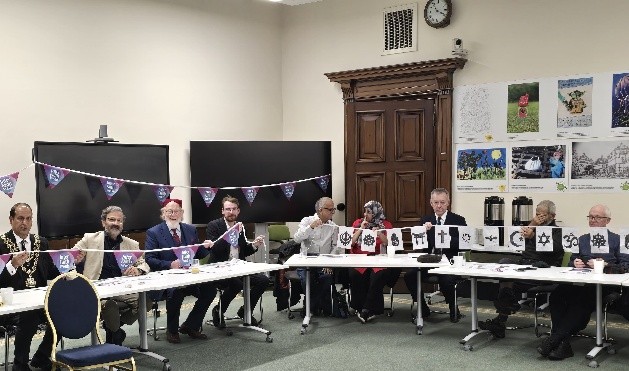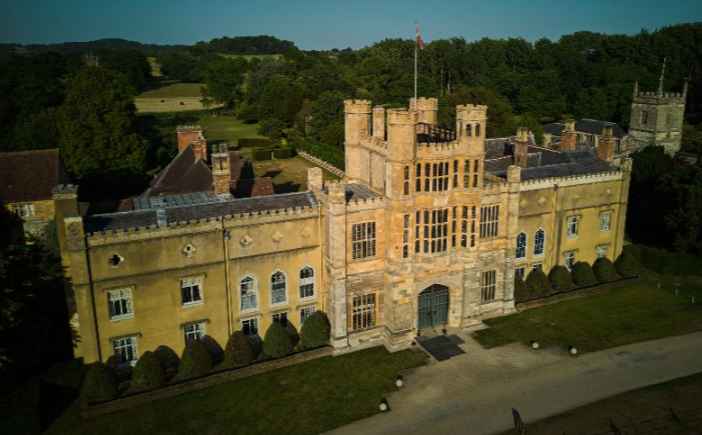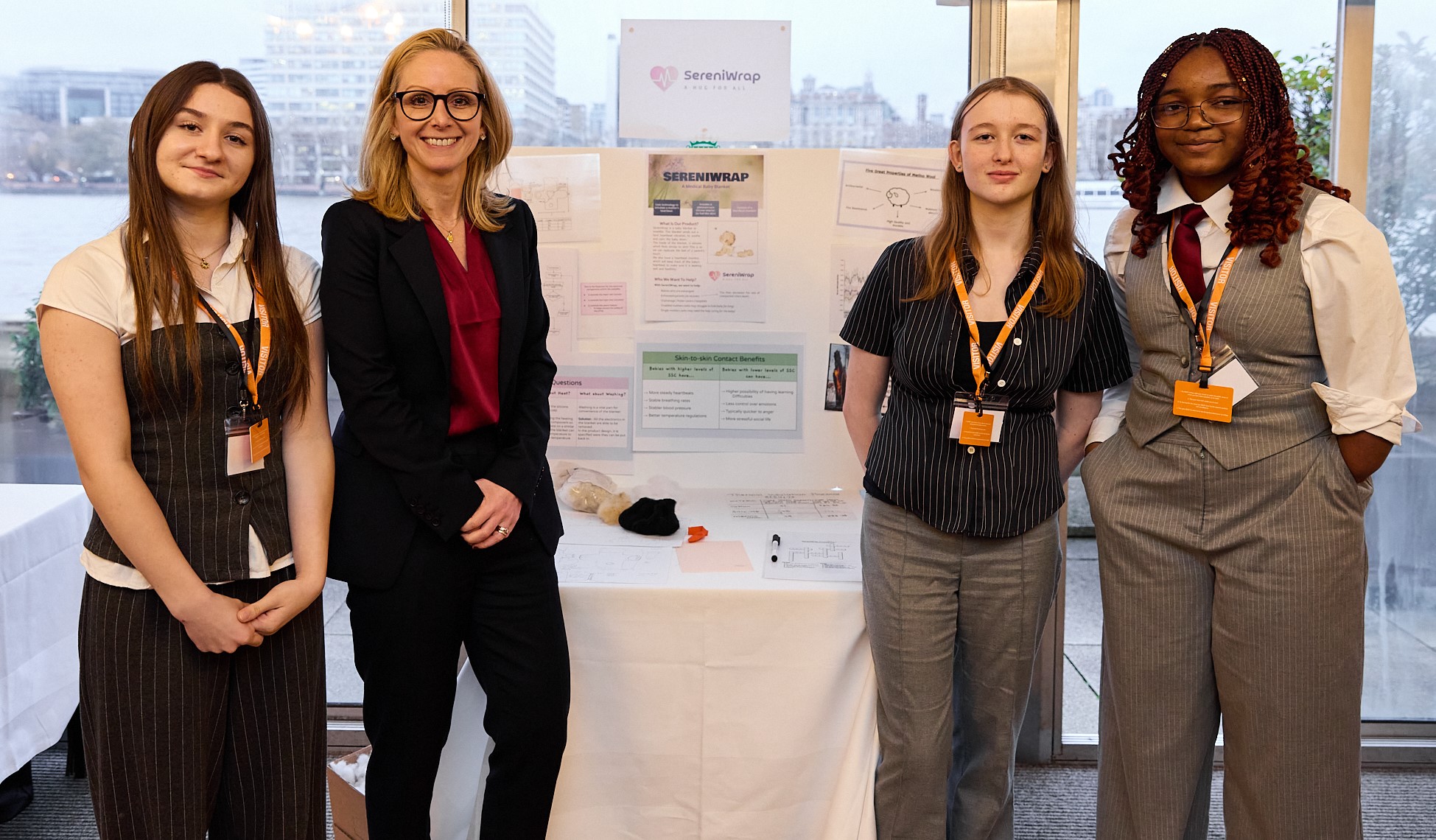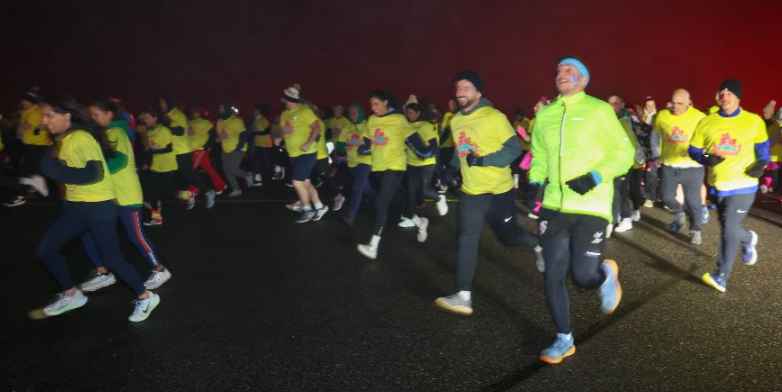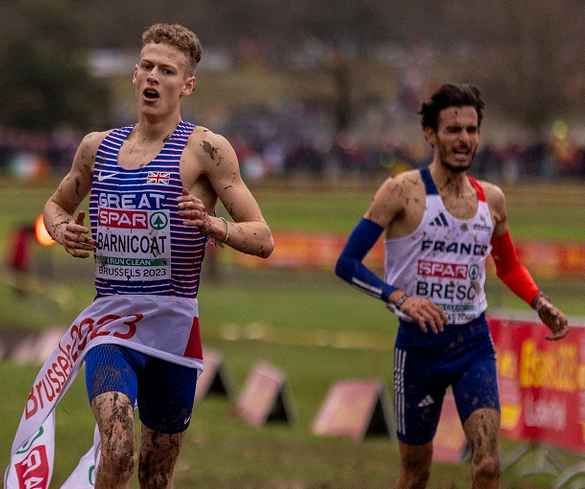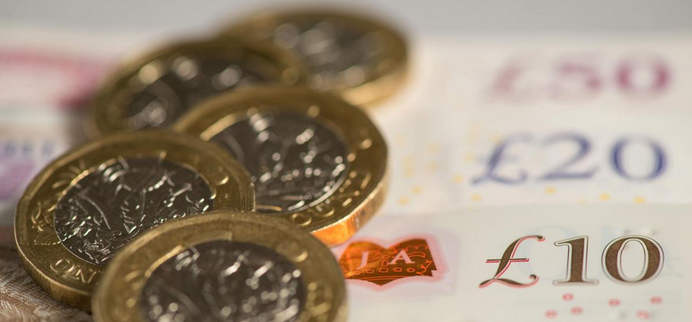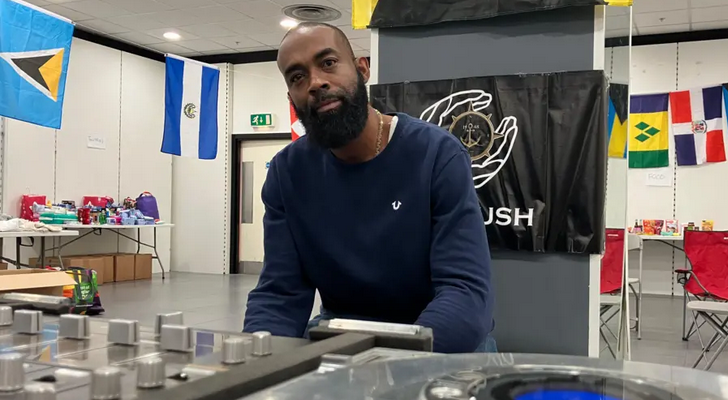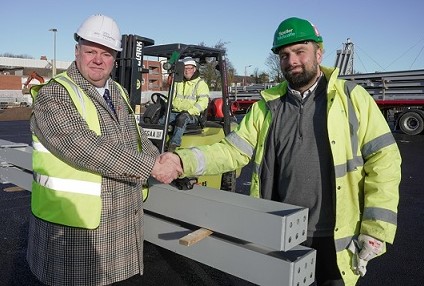QEHB Charity has launched a £1 million appeal, with cancer charity Get-A-Head and the University of Birmingham, to fund a new programme giving cancer patients access to new drugs quicker than anywhere else in the country, through the reallocation of drugs originally created to treat other illnesses. Drug development through pharmaceutical companies using the conventional approaches can take up to 15 years before they reach patients, and have a 90% failure rate.
Due to these difficulties, a team of eager researchers at the University of Birmingham decided to set up an accelerated drug treatment programme, using drugs originally licensed for other indications, in order to look into and identify if these drugs could be used as treatments in the field of head and neck cancer. As the majority of drugs used so far have all been out of patent, the cost of a course of a potential treatment would be dramatically reduced.
By working with a team at the Institute of Head and Neck Studies and Education (InHANSE), led by Professor Hisham Mehanna, Chair of Head and Neck Surgery, patients at the Queen Elizabeth Hospital Birmingham could receive new treatments within the next two years, speeding up the process of recovery for patients and cutting the cost to the NHS.
Thanks to your generous donations, QEHB Charity has funded a Research Fellow, Nikos Batis, a 33-year-old who has studied who is running and analysing the data from hundreds of experiments that the team undertakes to find out if re-purposed drugs can be used to treat certain types of cancer.
He has lived in Birmingham for the past 13 years, joining the programme after completing a PhD in Pharmacology and Neuroscience.
He said: “Cancer is indiscriminate. It affects people of all ages and all races and indirectly, the patient’s loved ones. This appeal is about speeding up treatment by matching existing drugs, which have already been approved in other conditions like arthritis, to cancers where they have not been tried before.
If this programme is successful, it means that patients won’t have to wait up to 15 years to receive brand-new drugs, the current 90% failure rate will be avoided and the half-a-billion pound spend will be dramatically reduced.”
Kind-hearted donations have also helped fund a Research Technician, Baksho Kaul, who works alongside Nikos in the laboratory.
Baksho, a 31-year-old from Wolverhampton, stated: “Without donations to QEHB Charity and Get-A-Head, we wouldn’t be able to progress; we wouldn’t be able to do the research that we are doing. Our work relies on charitable grants and donations so we are incredibly grateful to everyone who has made, and is helping to make, this vital work possible.”
If the team can prove that re-purposed drugs can be used to treat head and neck cancers, the programme can be rolled out to test other cancers, including thyroid, oesophageal cancer and lung cancer.



